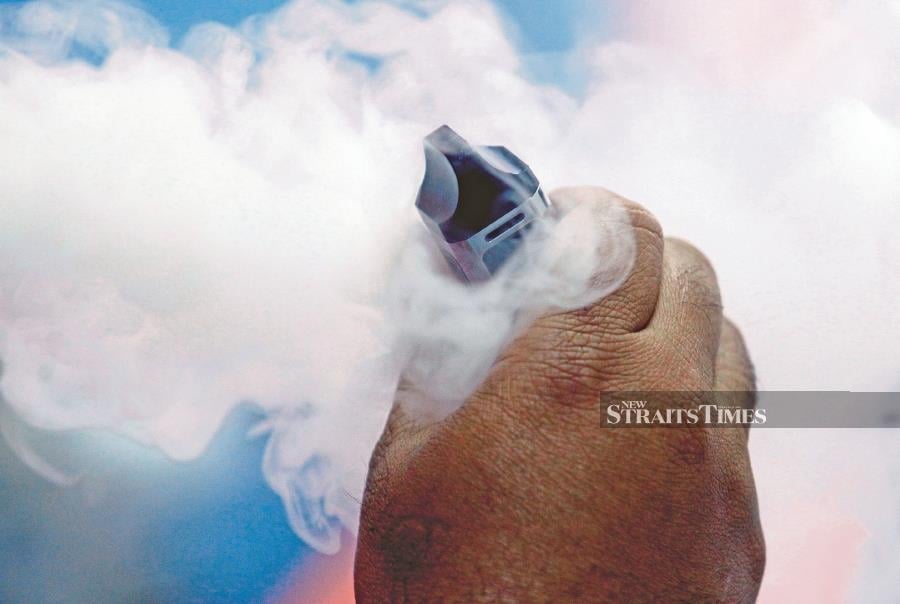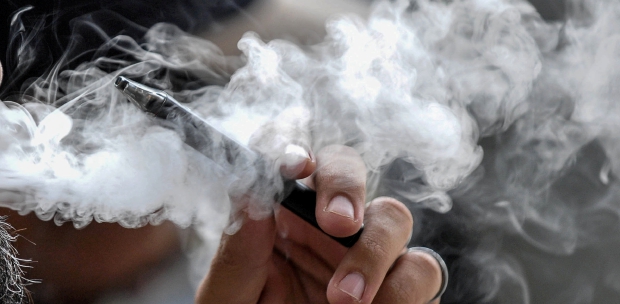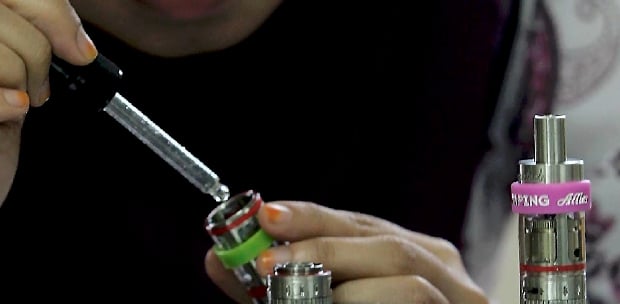LETTERS: MALAYSIANS know Singapore as a no-nonsense island state with strict controls on everything, from chewing gum to drugs.
So it came as a surprise that the republic is unable to contain a modern-day scourge: electronic cigarettes.
Singapore's Straits Times reported on April 3 that despite strict laws banning vaping since 2018, illicit devices still found their way into the republic — with the purchase, use or possession of e-cigarettes surging to 7,900 cases in 2023.
This should be a wake-up call for Malaysia, which is many times larger than Singapore and has a more porous border. On top of that, we have a penchant for finding legal loopholes.
The Singapore experience should teach us that blanket bans — as advocated by some anti-tobacco activists — do not work.
Now that the Control of Smoking Products for Public Health Act 2023 has been gazetted, we need to be smart about controlling smoking.
It is imperative that we acknowledge the evolving landscape of tobacco consumption and smoking habits.
One aspect is to discern between conventional cigarettes, vaping devices and heated tobacco products, and approach regulation with nuance and balance.
Conventional cigarettes have long been recognised as the primary driver of tobacco-related health issues. However, with the emergence of vaping devices, we are witnessing a shift in smoking habits.
Vaping involves inhaling aerosolised vapour produced by heating a liquid solution, which may contain nicotine and flavourings. While vaping avoids combustion and thus reduces exposure to certain toxins, concerns persist regarding its long-term health effects and appeal to young people.
Similarly, heated tobacco products offer an alternative method of tobacco consumption.
These products heat tobacco rather than burning it, resulting in an aerosol containing nicotine with significantly reduced levels of harmful chemicals.
Despite that, questions remain regarding the long-term health implications of heated tobacco
use.
Thus, our government faces the challenge of formulating tobacco control policies that protect public health while acknowledging the complexities of different smoking products.
While bans may seem like a simple solution, the Singapore experience shows that they risk driving consumers towards illicit markets or less regulated alternatives, potentially exacerbating rather than mitigating health risks.
We must recognise the limitations of blanket bans in addressing complex behavioural patterns. Instead, a balanced approach that promotes harm reduction and encourages smokers to transition towards less harmful alternatives should be taken.
This could involve enforcing strict regulations to ensure the safety and quality of vaping and heated tobacco products, restricting marketing practices that target young people, and providing comprehensive education on the risks and benefits of different smoking products.
By adopting such an approach, we can safeguard public health while respecting individual choices and promoting alternatives to traditional smoking.
Policymakers must recognise the nuances of smoking habits and prioritise evidence-based strategies that will address the complex challenges posed by smoking in our society.
AHMAD DAHLAN SHUKRI
Kota Damansara, Selangor
The views expressed in this article are the author's own and do not necessarily reflect those of the New Straits Times





